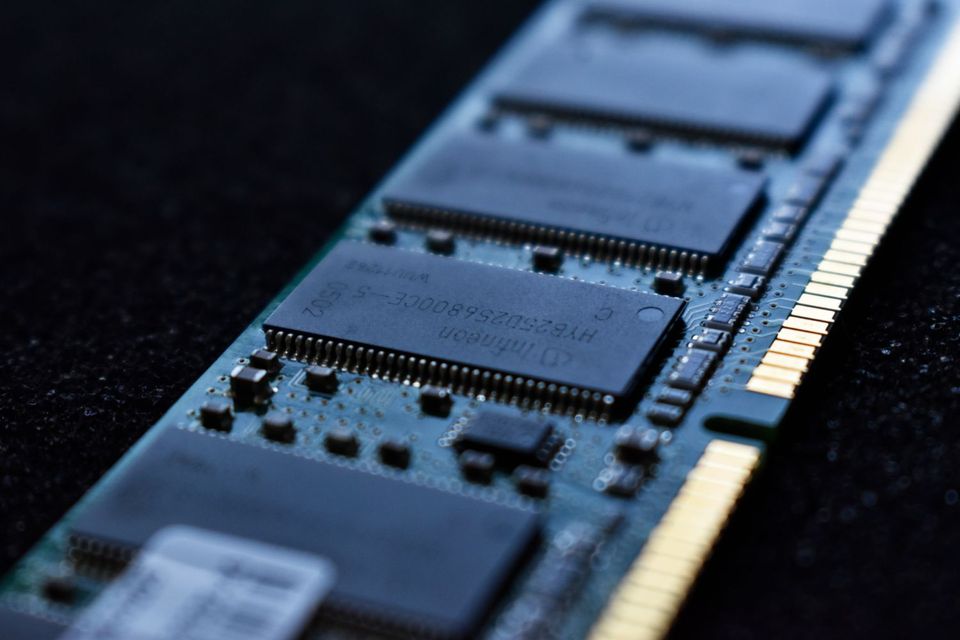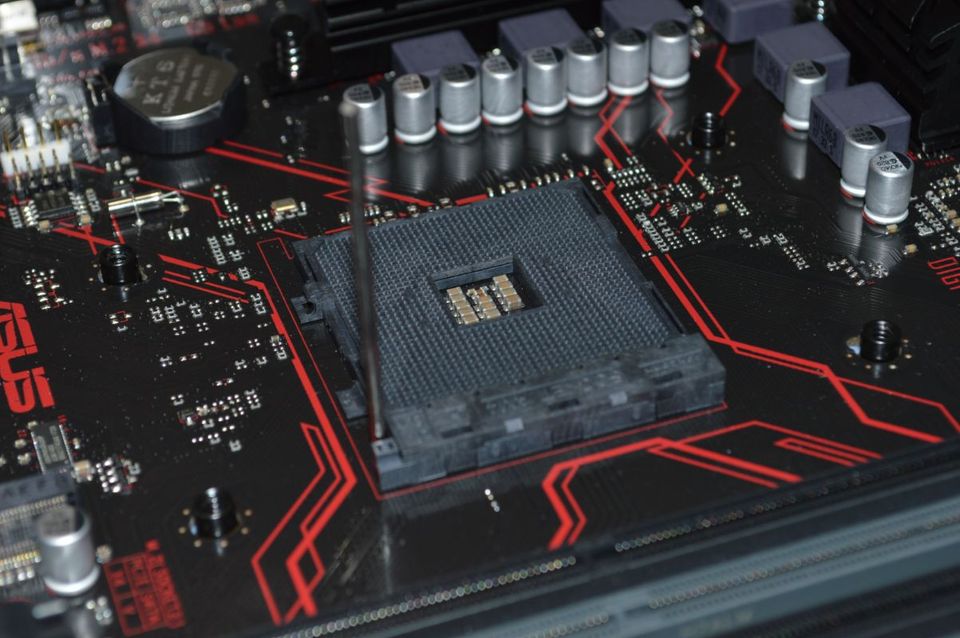There is a lot of articles about which laptop to buy. But I wanted to make one perfect article. An article that covers everything. Everything I have learnt buying laptops and writing articles. Everything condensed into one article.
Buying a laptop is serious business. For one thing you are putting a great deal of money into this, and for another this laptop is going to be with you for another two years on the very least. It is very essential that you get the best laptop.
Everyone's requirements are different and we've always felt that the heading 'best laptops under ...' is not true most of the times. Those are guides that gives you a rough estimate of the best, but what the heart wants, only the heart knows.
I've seen a lot of people stuck with the wrong laptop when they could've had much better laptops to suit their purposes for the same price range. If only they knew.

We've got a few steps listed down for you to get a laptop. But before that you need to know what the parts of a laptop are and what they do, so that you can make a learned decision, and that makes a huge difference.
Parts of a laptop, an overview
This is just an overview of what the major components in a laptop are. I am planning to write detailed articles on each of these topics, and for those that are completed, find a link to those pages.
CPU
CPU is the brain of the computer. It does all the processing. For example, if you double click on trash, it is the CPU that understands that you double clicked on the trash icon and that has to be opened, and opens it for you.

Here is a detailed guide on the CPU, its workings and which CPU you should buy.
RAM
RAM stands for Random Access Memory and it is what stores data temporarily for usage by CPU. The storage unit, that is the hard disk is slow, and very slow compared to the CPU. So instead of getting data from hard disk, we fetch all the data before hand and load it into the RAM.
So now, whenever the CPU needs something we can give it to the CPU quickly.
Storage
Storage is where you store all your data; your movies, your games, all your images and everything goes here. Storage can either be SSD (Solid State Drive) or HDD (Hard Disk Drive).
SSDs can read at around 550MBps and write at around 520MBps, compared to an HDD which can do them at only 125MBps.
Though SSDs are expensive it is totally worth investing in an SSD, or you can go on an aproach where you have both SSD and HDD, and you boot (start) your PC from the SSD.
tldr;
- Select a budget
- Decide on what you need the laptop to do for you
- Figure out what are the best parts (CPU, GPU, RAM) you'll get for that price
- Read online reviews on the laptops to find your perfect fit
- Buy that laptop :)
Select a budget
This is obvious. I mean how can you expand on that?
But a few pointers.
You're almost always going to go over your budget.
But there might be some cases where you will find gaps and you will have to go beneath your budget.
For example you might want a particular graphics card, and laptops with that card comes way above your budget, and the ones with the graphics card a bit slower than the one you want might be way below your budget also.
If you can afford go for the higher end one, after all, you don't get to buy a laptop everyday, but otherwise go for the cheaper one. You don't have to spend your budget because you have a budget of that much.
Figure out what you need the laptop to do for you
For each person the requirements of a laptop are different. I buy all my laptops for gaming.
But maybe you never game and it is absolutely pointless for someone who doesn't game to get a gaming laptop. And the laptop being a gaming laptop, it tends to be huge and bulky and you'll hate it.
So it is essential that you need to know why you need a laptop.
For a laptop, as the performance increases they tend to be bulkier to handle all the cooling requirements. The dimensions of a MacBook pro are 13.8 x 9.5 x 0.6 inches while that of an Alienware m15 is 14.3 x 10.8 x 0.8-inches, and those are similarly priced. One is a gaming laptop and one is for office use.
Depending on the use cases we have divided the usage into three.
- Heavy use: Heavy Gaming, Heavy Video Editing, Machine Learning,
- Medium use: Office tasks, browsing, Light Gaming, A bit of coding
- Light use: Zero Gaming, Occasional use, Mostly Movies and browsing, small office tasks
We can still sub divide these categories to tailor your needs but I think this would be a nice starting point. Just because the third tier is not performant, it doesn't mean that you can't shell out money.
The more you shell out on the lower tier, the thinner your laptop will become. (MacBook Air is decently expensive, but you can't game on them, these fall somewhere between the second and third tier).
Now that you have decided which category you fall into we will look into what specifications you need for each of the category. For example how much RAM do you need if you are using your laptop only for light usage and similar.
We believe each category is huge and have split the article into multiple articles:
- What is a CPU and CPU buying guide
- How much RAM do you need?
- Why do you need a graphics card and which one
- How big should the display be?


